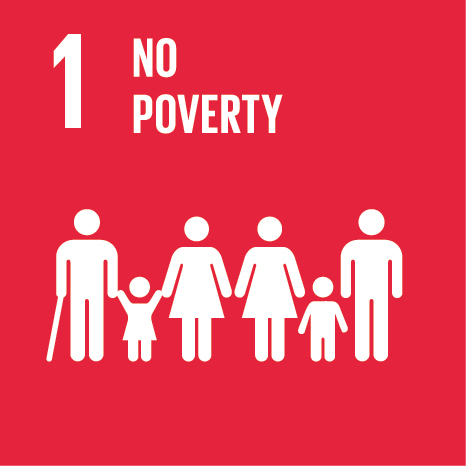Ciência_Iscte
Publications
Publication Detailed Description
Mothers' distress exposure and children's withdrawn behavior – A moderating role for the Interferon Gamma Gene (IFNG)
Journal Title
Developmental Psychobiology
Year (definitive publication)
2020
Language
English
Country
United States of America
More Information
Web of Science®
Scopus
Google Scholar
This publication is not indexed in Overton
Abstract
The dysregulation of the inflammatory response, including pro‐inflammatory molecules, produces neuropsychiatric symptoms and depression‐like behavior, including withdrawal from the physical and social environment. Genetic variants that enhance immune reactivity may thus increase inflammatory and withdrawn reactions to stress. Here we investigated a functional polymorphism of Interferon Gamma gene (IFNG +874 T > A, rs2430561) as moderator of the relationship between mothers’ distress exposure and children's withdrawn behavior at preschool age. Participants were 198 Portuguese preschool children (mean age = 57.98 months). Exposure to mother's distress was assessed using the Brief Symptom Inventory, and withdrawn behavior with the Caregiver Teacher Report Form. All children provided saliva samples for genotyping. Contrary to expectations based on prior work, the rs2430561 AA genotype—not the T variant—interacted with (high levels of) mothers’ distress exposure, to increase children's withdrawn behavior. No significant main effects were detected. The polymorphism in Interferon Gamma gene showed specific environmental stressor‐dependent effects on withdrawn behavior during childhood, ones which are interpreted in light of the "behavioral immune system" hypothesis, and which proved inconsistent with diathesis‐stress thinking.
Acknowledgements
--
Keywords
Gene-environment interaction,IFNG,Preschool withdrawn behavior,Pro-inflammatory cytokines
Fields of Science and Technology Classification
- Biological Sciences - Natural Sciences
- Basic Medicine - Medical and Health Sciences
- Psychology - Social Sciences
Funding Records
| Funding Reference | Funding Entity |
|---|---|
| PTDC/PSI-PCL/116897/2010 | Fundação para a Ciência e a Tecnologia |
| NORTE-01-0145-FEDER-000013 | Comissão Europeia |
| IF/01239/2014 | Fundação para a Ciência e a Tecnologia |
| SFRH/BPD/96176/2013 | Fundação para a Ciência e a Tecnologia |
| IF/00750/2015 | Fundação para a Ciência e a Tecnologia |
| SFRH/BD/85536/2012 | Fundação para a Ciência e a Tecnologia |
| IF/00735/2014 | Fundação para a Ciência e a Tecnologia |
Contributions to the Sustainable Development Goals of the United Nations
With the objective to increase the research activity directed towards the achievement of the United Nations 2030 Sustainable Development Goals, the possibility of associating scientific publications with the Sustainable Development Goals is now available in Ciência_Iscte. These are the Sustainable Development Goals identified by the author(s) for this publication. For more detailed information on the Sustainable Development Goals, click here.

 Português
Português


